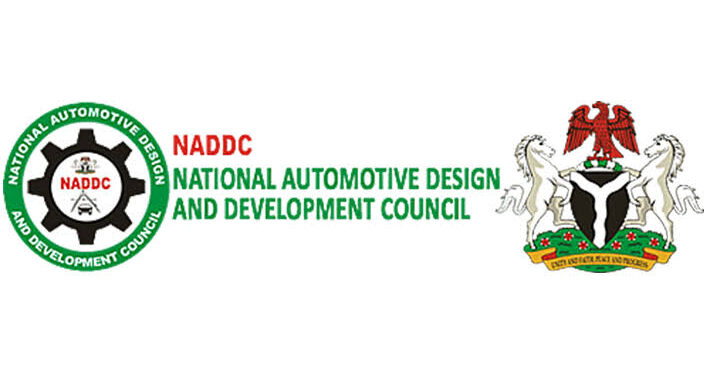The Director-General of the National Automotive Design and Development Council (NADDC) has affirmed that Compressed Natural Gas (CNG) is safer than conventional fuels like petrol (PMS), diesel, and LPG—citing its lower density and fortified cylinders as key safety features. The statement, delivered during a Channels Television segment, also outlined NADDC’s CNG penetration strategy and guidance framework.
According to the NADDC DG, CNG’s safety stems largely from its physical property; being less dense than air, any potential leak dissipates upward, reducing the risk of accumulation and combustion. This characteristic makes it inherently safer than heavier fuels that pool at low points.
The NADDC further emphasized that CNG cylinders undergo robust construction to meet stringent safety standards, ensuring integrity under pressure. Such fortified design, the DG noted, makes them more reliable than traditional fuel tanks.
To drive adoption, the NADDC has begun rolling out conversion guidelines along with an implementation roadmap. This includes:
A regulatory framework detailing best practices for converting petrol engines to CNG
Certification protocols for workshops and conversion kits
Technical training programmes for mechanics and technicians
Safety awareness campaigns targeting motorists and vehicle owners
The focus on controlled and safe conversion, NADDC believes, will mitigate dangers and build trust in CNG as a viable alternative fuel.






















